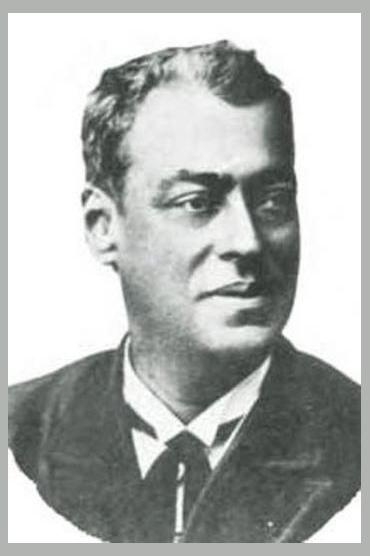 Xisto Bahia
Xisto Bahia
Xisto Bahia: The Musical Journey of a Bahian Band
Origins and Influences
Xisto Bahia emerged from the vibrant cultural heartland of Salvador, Bahia, Brazil, in the early 1990s. Founded by singer and guitarist Edil Pacheco and bassist Paulinho Brasil, the band drew inspiration from the rich tapestry of Bahian rhythms, blending traditional axé, samba-reggae, and ijexá with elements of funk and rock.
Challenges and Controversies
Xisto Bahia's journey was not without its challenges. The band faced initial resistance from a local music industry that favored more traditional genres. However, their unwavering determination and unique sound gradually gained recognition.
One notable controversy arose from their song "Isto É Bom," which became an anthem for the LGBT community in Brazil. While the song celebrated diversity, it also sparked criticism from conservative groups who objected to its suggestive lyrics.
Discography
Xisto Bahia released a series of acclaimed albums that showcased their eclectic style:
* "Xisto Bahia" (1994)
* "Olho de Boi" (1997)
* "Tempero Bom" (1999)
* "Balé do Quengo" (2002)
* "Porto Seguro" (2006)
* "O Mundo É Nosso" (2013)
Members
Over the years, Xisto Bahia's lineup has evolved, but its core members have remained:
* Edil Pacheco (vocals, guitar)
* Paulinho Brasil (bass)
* Niko Ribeiro (drums)
* Tonho Matéria (percussion)
* Tiago Dantas (saxophone)
Legacy
Xisto Bahia has left an enduring mark on Bahian and Brazilian music. Their genre-bending sound and socially conscious lyrics continue to resonate with audiences of all ages. The band's success has also helped to promote the cultural diversity of Bahia and to challenge stereotypes about Brazilian music.
Origins and Influences
Xisto Bahia emerged from the vibrant cultural heartland of Salvador, Bahia, Brazil, in the early 1990s. Founded by singer and guitarist Edil Pacheco and bassist Paulinho Brasil, the band drew inspiration from the rich tapestry of Bahian rhythms, blending traditional axé, samba-reggae, and ijexá with elements of funk and rock.
Challenges and Controversies
Xisto Bahia's journey was not without its challenges. The band faced initial resistance from a local music industry that favored more traditional genres. However, their unwavering determination and unique sound gradually gained recognition.
One notable controversy arose from their song "Isto É Bom," which became an anthem for the LGBT community in Brazil. While the song celebrated diversity, it also sparked criticism from conservative groups who objected to its suggestive lyrics.
Discography
Xisto Bahia released a series of acclaimed albums that showcased their eclectic style:
* "Xisto Bahia" (1994)
* "Olho de Boi" (1997)
* "Tempero Bom" (1999)
* "Balé do Quengo" (2002)
* "Porto Seguro" (2006)
* "O Mundo É Nosso" (2013)
Members
Over the years, Xisto Bahia's lineup has evolved, but its core members have remained:
* Edil Pacheco (vocals, guitar)
* Paulinho Brasil (bass)
* Niko Ribeiro (drums)
* Tonho Matéria (percussion)
* Tiago Dantas (saxophone)
Legacy
Xisto Bahia has left an enduring mark on Bahian and Brazilian music. Their genre-bending sound and socially conscious lyrics continue to resonate with audiences of all ages. The band's success has also helped to promote the cultural diversity of Bahia and to challenge stereotypes about Brazilian music.